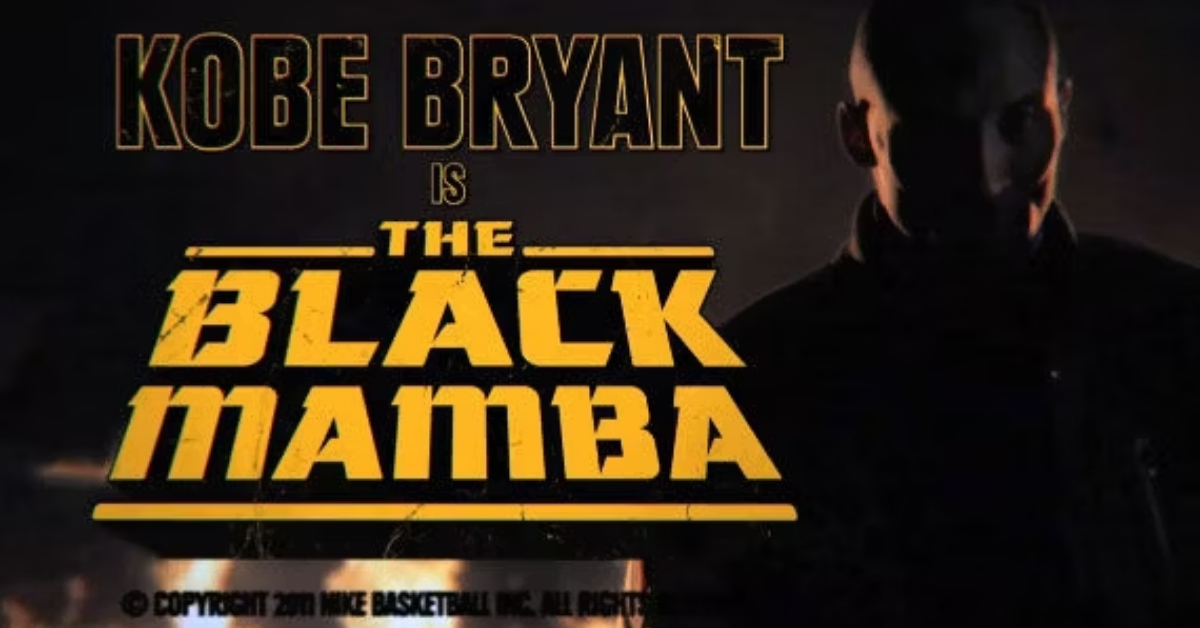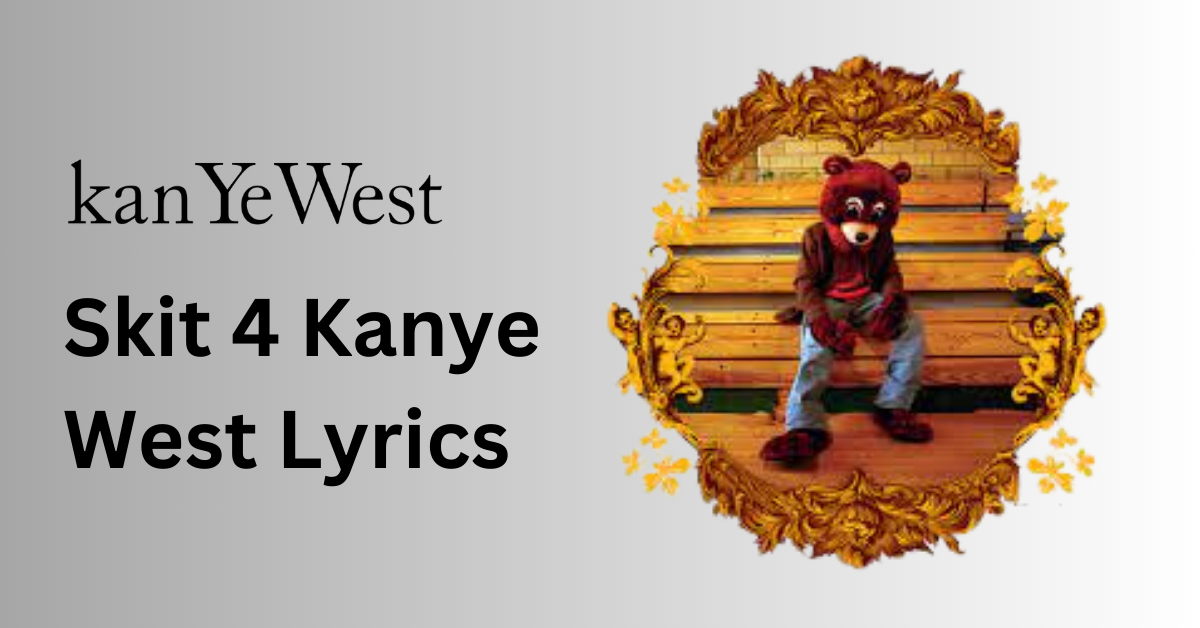Kanye West is a name synonymous with innovation, controversy, and profound artistry. Over his career, Kanye has created some of the most impactful music of our time, but his journey hasn’t been without its challenges. One recurring theme in his narrative is the presence of “vultures.” This term encapsulates a wide array of experiences, from opportunistic individuals to exploitative elements within the music industry. In this article, we’ll delve deep into the meaning of “vultures” in Kanye’s life, how it has influenced his artistry, and the broader implications for the music industry and culture.
The Meaning of Kanye west vultures 1
When Kanye refers to “vultures,” he highlights those who seek to benefit from his success and vulnerability. This can include media figures, critics, and even those within his inner circle. Vultures often capitalize on someone’s struggles, ready to swoop in and claim their share of fame or profit at the expense of the artist’s well-being. For Kanye, who has often been open about his mental health struggles, these vultures represent a significant threat, exacerbating his challenges and often turning his pain into fodder for gossip or sensational headlines.
In interviews, Kanye has discussed feeling surrounded by individuals who are more interested in their gain than in supporting his artistry. This notion resonates throughout his discography, where the themes of betrayal and exploitation frequently surface. The juxtaposition of his genius and the predatory nature of those around him forms a complex backdrop for understanding the “vultures” in his life.
Vultures in the Music Industry
The music industry is often described as a cutthroat environment, where artists can find themselves surrounded by those who wish to exploit their talents. This phenomenon isn’t unique to Kanye; many artists have spoken about their experiences with industry vultures who look to profit off their work. These vultures can take many forms—managers who don’t have the artist’s best interests at heart, record label executives who prioritize profits over creativity, and even fans who become obsessed with the artist’s personal life rather than their music.
Kanye’s experience is a stark reminder of the reality many artists face: the struggle to maintain authenticity in an environment where commercial success often comes at a price. The “vultures” metaphor highlights the need for artists to navigate these treacherous waters carefully, balancing their artistic integrity with the demands of the industry.
Kanye’s Experiences with Vultures
Kanye’s career has been punctuated by numerous encounters with vultures. From early on, he faced skepticism from industry insiders who doubted his potential as a rapper and producer. As he rose to fame, the vultures became more pronounced—those looking to cash in on his brand, his personal life, and his mental health struggles.
One notable instance occurred during the release of his album “Yeezus.” The media frenzy surrounding his controversial statements and actions often overshadowed the music itself. Critics and media outlets seized upon his outbursts, turning them into sensational stories that distracted from his artistic message. In many ways, Kanye’s life became a spectacle, with vultures circling to feed on his misfortunes while ignoring the profound messages woven into his work.
Kanye’s relationship with social media has also played a significant role in his experiences with vultures. Platforms like Twitter have allowed him to communicate directly with fans, but they also serve as a battleground where vultures thrive. Trolls, critics, and opportunistic influencers often capitalize on Kanye’s candidness, twisting his words and actions for clicks and engagement.
Cultural Commentary in “Vultures”
Kanye West’s portrayal of vultures serves as a powerful commentary on the state of modern culture. In an age of instant gratification and superficial connections, the predatory nature of vultures mirrors the societal trends where authenticity is often sacrificed for fame and profit. Through his music, Kanye calls attention to the darker aspects of fame, emphasizing the emotional toll it can take on individuals who find themselves in the public eye.
Moreover, Kanye’s focus on vultures challenges listeners to consider their roles in this dynamic. Are we, as consumers of culture, contributing to the problem? By engaging with sensational stories and celebrity gossip, we might inadvertently support a system that preys on artists’ vulnerabilities. Kanye’s work encourages a deeper reflection on our consumption habits and their impact on the artists we admire.
The Influence of “Vultures” on Kanye’s Art
The concept of vultures has significantly influenced Kanye’s artistic expression. His willingness to confront these predatory forces head-on is evident in his lyrics, public statements, and even his visual art. Kanye’s music often incorporates themes of struggle, resilience, and empowerment, creating a narrative that resonates with many who have faced similar challenges.
Albums like “My Beautiful Dark Twisted Fantasy” and “Yeezus” illustrate this influence, as Kanye navigates his personal battles while critiquing the industry and societal expectations. The raw emotion in his work invites listeners to engage with his experiences, offering a space for empathy and understanding.
Kanye’s artistic evolution is also marked by his willingness to experiment with different sounds and styles. This creative freedom stems, in part, from his desire to break free from the constraints imposed by the vultures around him. By continuously challenging himself and redefining his artistry, Kanye reclaims his narrative and asserts his position in the industry.
Fan Reactions to “Vultures”
Fans have had varied reactions to the theme of vultures in Kanye’s work. Some resonate deeply with his struggles, appreciating his honesty and vulnerability. Many view him as a voice for those who feel oppressed or exploited, creating a strong emotional connection that transcends the typical artist-fan relationship.
However, there are also fans who feel frustrated by Kanye’s ongoing battles with vultures. They may perceive his focus on these struggles as a distraction from the music they love, leading to divided opinions within his fanbase. This complexity speaks to the broader challenges artists face when navigating their personal lives in the public eye.
Kanye’s Response to Vultures
Kanye West’s response to the vultures in his life has evolved over the years. Initially, he often lashed out through social media or in interviews, expressing his frustration with those who sought to exploit him. However, as he has matured, his approach has shifted toward a more introspective stance.
In recent years, Kanye has focused on his mental health and personal growth, often using his platform to advocate for awareness around mental health issues. By sharing his experiences openly, he not only addresses the vultures but also empowers others facing similar struggles. His transformation from a combative stance to one of healing and advocacy reflects a deeper understanding of the complexities of fame and vulnerability.
The Legacy of “Vultures” in Hip-Hop
Kanye West’s exploration of vultures has left a lasting impact on the hip-hop genre and beyond. His candid discussions about the darker side of fame have opened the door for other artists to speak out about their experiences with exploitation and mental health challenges. This shift has fostered a culture of authenticity within hip-hop, encouraging artists to be more transparent about their struggles.
Moreover, Kanye’s legacy as an artist who confronts the vultures in his life will continue to influence future generations of musicians. His ability to weave personal narratives into his art has set a precedent for authenticity in the industry, paving the way for artists to explore their vulnerabilities without fear of judgment.
Conclusion
Kanye West’s relationship with the concept of “vultures” is a multifaceted exploration of vulnerability, exploitation, and resilience. Through his music and public persona, Kanye invites listeners to reflect on the complexities of fame and the impact of opportunistic individuals in the industry. As he continues to evolve as an artist, his focus on confronting these vultures serves as both a cautionary tale and a source of empowerment for those navigating similar challenges. Ultimately, Kanye’s journey reminds us that while vultures may circle, the strength to rise above lies within the artist.
FAQs
What does “vultures” mean in the context of Kanye West’s life?
In Kanye’s narrative, “vultures” represent individuals and entities that seek to exploit his success and vulnerabilities for personal gain, often at the expense of his mental health and artistic integrity.
How has Kanye West addressed the theme of “vultures” in his music?
Kanye has woven the theme of vultures into his lyrics and public statements, using them to critique the predatory nature of the music industry and the personal struggles he faces as an artist. This theme is particularly prominent in albums like “Yeezus” and “My Beautiful Dark Twisted Fantasy.
Can you give examples of specific incidents where Kanye has encountered “vultures”?
One notable example is during the release of “Yeezus,” when media outlets sensationalized his statements and personal life instead of focusing on his music. Additionally, Kanye’s experiences with social media trolls and critics serve as ongoing examples of how vultures attempt to capitalize on his struggles.
How do fans typically respond to Kanye’s portrayal of “vultures”?
Fans have mixed reactions; many appreciate his honesty and vulnerability, while others feel frustrated that his focus on personal struggles can distract from his music. This division reflects the complex relationship fans have with his public persona and artistic expression.
What impact has Kanye’s exploration of “vultures” had on the hip-hop industry?
Kanye’s focus on the theme of vultures has encouraged a culture of authenticity in hip-hop, where artists feel empowered to discuss their vulnerabilities and mental health challenges openly. This has paved the way for more honest narratives within the genre.
How has Kanye’s personal growth influenced his response to “vultures”?
Over time, Kanye has shifted from a combative stance against vultures to a more introspective and healing approach. He has begun to advocate for mental health awareness, using his platform to support others who face similar challenges.
In what ways does Kanye’s experience with “vultures” resonate with other artists?
Many artists relate to Kanye’s struggles with exploitation and predatory behaviors within the industry. His openness about these experiences encourages others to share their own stories and challenges, fostering a supportive community.
What can listeners learn from Kanye’s experiences with “vultures”?
Listeners can gain insights into the complexities of fame and the importance of maintaining authenticity in a world where exploitation is prevalent. Kanye’s journey serves as a reminder to support artists in their struggles and to consume media responsibly.
Are there any other artists who have addressed similar themes in their work?
Yes, artists like J. Cole, Kendrick Lamar, and Chance the Rapper have also tackled themes of exploitation, mental health, and authenticity in their music, contributing to the ongoing conversation in hip-hop about these important issues.
How does the concept of “vultures” reflect broader societal issues?
The concept of vultures highlights societal trends where individuals often prioritize personal gain over authenticity and compassion. It calls for reflection on our consumption habits and the responsibility we have as listeners and fans in supporting artists’ well-being.
[related_products_by_title]





